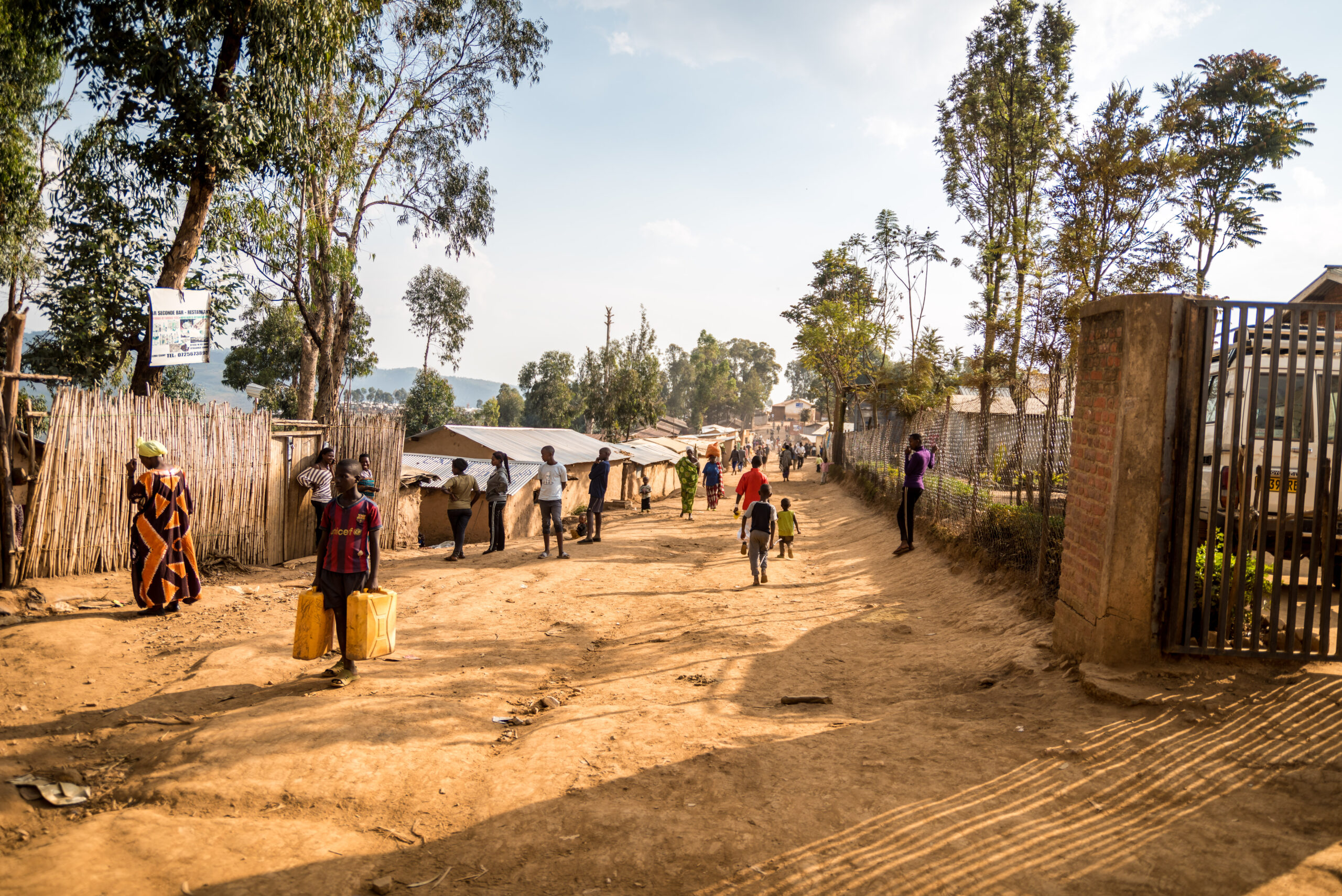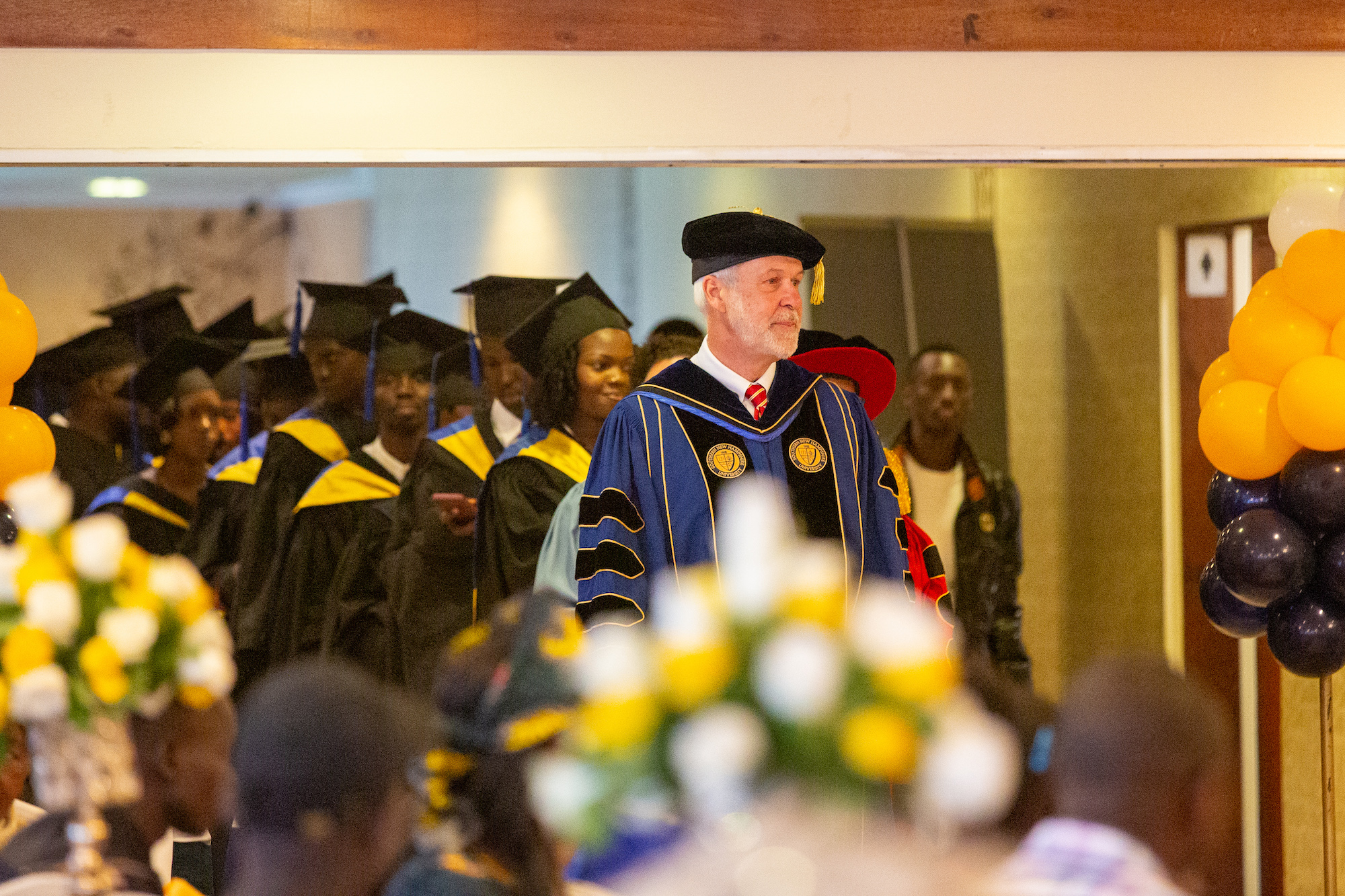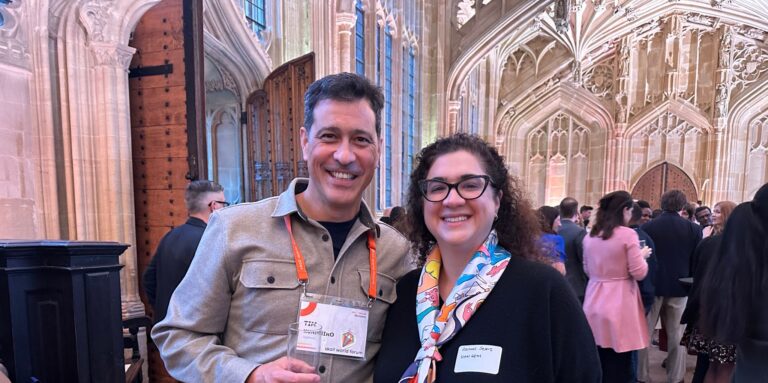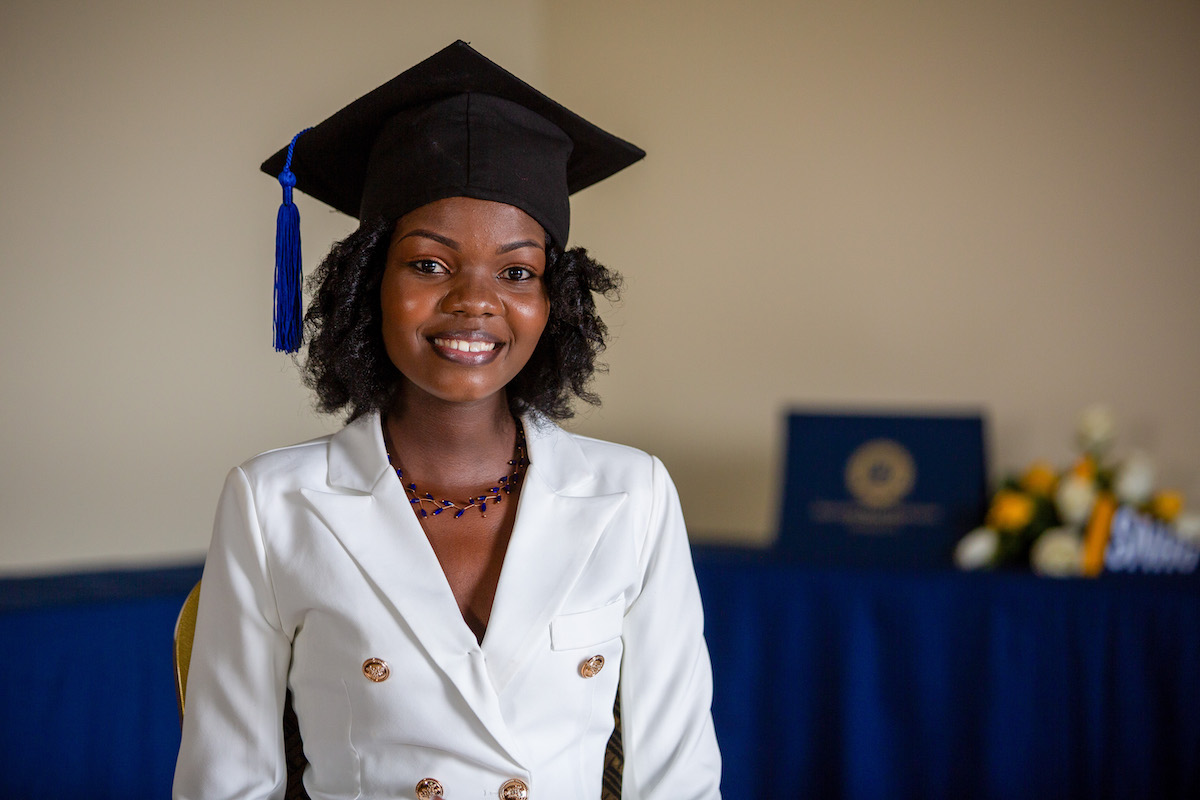The first of its kind convening of Africa’s leaders looks to harness the untapped potential of the 36 million displaced persons across Africa
Africa hosts the largest number of displaced persons worldwide: 36 million. The 36 Million Solutions Forum is a first of its kind convening of Africa’s business and industry leaders, philanthropists, refugee change-makers, and the public sector. Together, they will work toward market-based approaches that leverage the potential power of those “36 million solutions.”
Data shows that when refugees have access to markets, it enhances the entire community and creates more economic opportunity for all. But people displaced from their homeland living in refugee camps face many barriers to accessing the marketplace such as lacking employment opportunities and not having access to education that equips them to find a job, access credit lines, or start their own business.
Southern New Hampshire University’s Global Education Movement (SNHU GEM) is tackling this problem with its unique higher education and workforce readiness program specifically tailored to the circumstances and needs of refugees. The program provides students with an accredited, internationally recognized degree, valuable hands-on experience through a skills-based curriculum and internships, as well as tutoring and in-person coaching. Unlike traditional academic programs, there are no lectures, deadlines, exams, or letter grades. Instead, students work at their own pace to master competencies by working on real-world projects designed to develop key employment skills needed for their future careers.
SNHU GEM students are resilient, innovative and entrepreneurial. They exemplify the potential power of the 36 million displaced persons across Africa. The private sector, in partnership with nonprofits and the public sector, can leverage the power of refugees by developing business models that provide access to economic opportunities for forcibly displaced persons. When allowed to break through barriers, refugees use their ingenuity and skills to create businesses and pathways to employment that benefit not only themselves, but their community and host country.
Meet Some of Our Student Entrepreneurs
Innocent Havyarimana, Kakuma Camp, Kenya
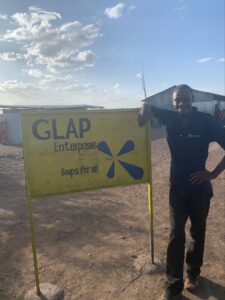 Innocent uses the knowledge he gained pursuing a business degree through SNHU
Innocent uses the knowledge he gained pursuing a business degree through SNHU
GEM to help fellow refugees. With seed money from the SNHU community, he founded a soap-making business in 2015 and employs more than 40 people, serving thousands of refugees in the Kakuma Camp. “I had to increase my production by 75 percent to meet the demand when the pandemic started. But I made sure I gave free soap to vulnerable people such as the elderly and the disabled.
Rita Brown, Kakuma Camp, Kenya
 Rita chose to impact her community by teaching mindfulness through yoga. “Anyone can do yoga. Yoga is all about flexibility, stability, and positivity,” said Rita. During the pandemic, she started KAKUMA READ, a nonprofit with a mission to create spaces that support community-led advocacy and literacy. Most of the organization’s leaders are women working to better communicate and mitigate the challenges girls face.
Rita chose to impact her community by teaching mindfulness through yoga. “Anyone can do yoga. Yoga is all about flexibility, stability, and positivity,” said Rita. During the pandemic, she started KAKUMA READ, a nonprofit with a mission to create spaces that support community-led advocacy and literacy. Most of the organization’s leaders are women working to better communicate and mitigate the challenges girls face.
Emmanuel Ushindi, Malawi
 After earning a bachelor’s degree in management with a concentration in logistics and operations, Emmanuel secured full-time employment as an SNHU GEM staff member. His work enables other displaced people to transform their lives by accessing remote employment opportunities. “Despite the barriers, we are showing how refugees can still engage and have a positive impact on the local economy as an important link to international employers.”
After earning a bachelor’s degree in management with a concentration in logistics and operations, Emmanuel secured full-time employment as an SNHU GEM staff member. His work enables other displaced people to transform their lives by accessing remote employment opportunities. “Despite the barriers, we are showing how refugees can still engage and have a positive impact on the local economy as an important link to international employers.”
